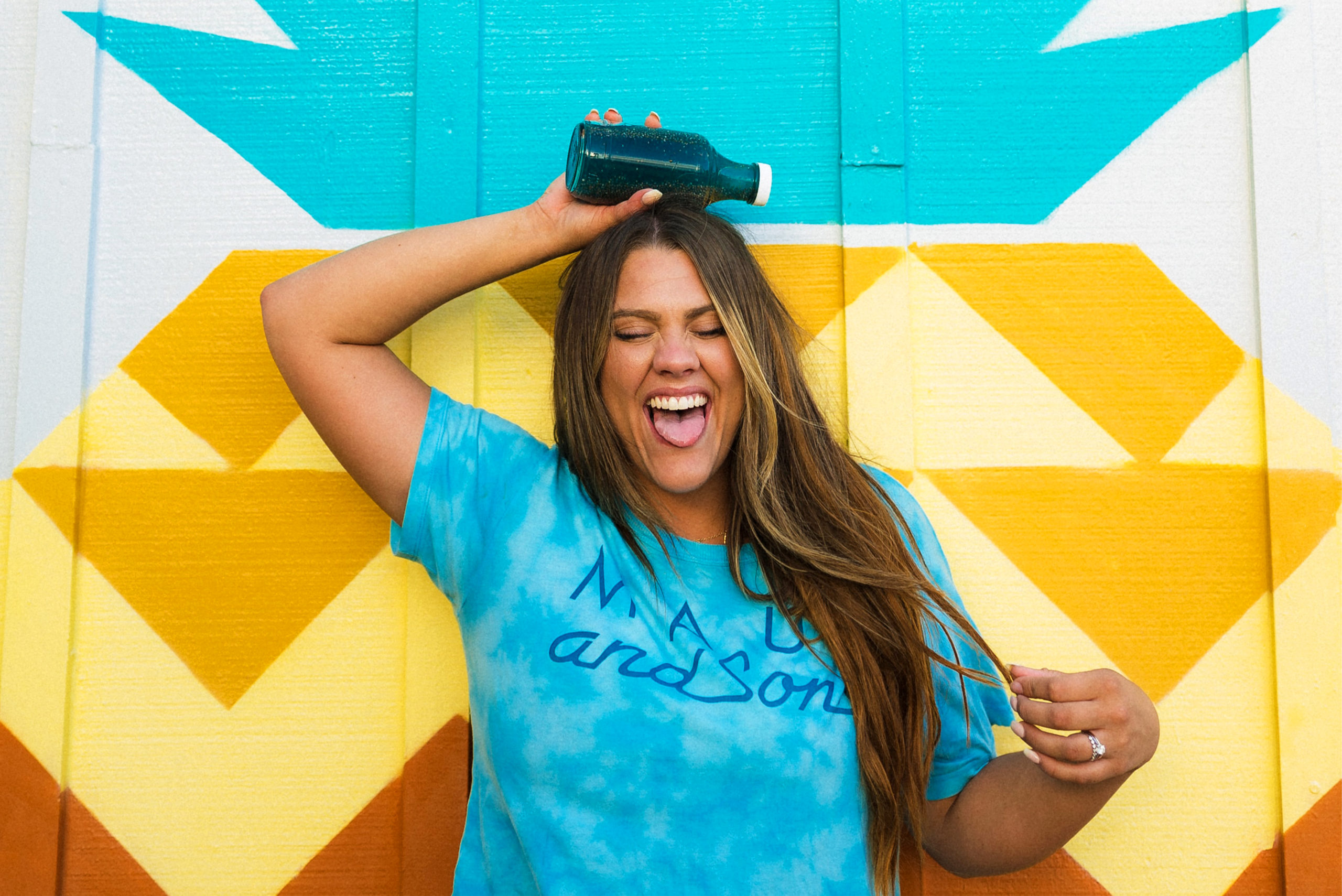Creating Community Through Influencer Marketing

When we think of “influencers” we often picture huge celebrities who promote products to their hundreds of thousands, if not millions, of followers. Their posts often feel highly-produced, and much closer to traditional advertisements rather than their typical lifestyle posts. For many brands, working with influencers can seem like an extremely daunting task that may not yield the desired results. However, this idea of influencer marketing is quite antiquated. An “influencer”, by definition, doesn’t have to be a huge celebrity or even someone with an extremely huge following. It can really be anyone who has some sort of authority or platform that can influence the purchasing behaviors of those who follow them. Depending on your market and core customers, creating a working relationship with influencers can be extremely lucrative.
Finding a Community
Finding the right influencers to partner with is key. Recently, on our podcast Beyond the Shelf, we spoke with Elle DeFreitas of Wonderkind Co. She explained her process of finding the best social media accounts to work with and how the best indicator of a good influencer is not the size of their followership but rather their relationship with their followers. For example, an account could have 500,000 followers but if their post engagement is low then they most likely do not have a loyal fan base. Whereas, an account that only has a few thousand followers and has high engagement is more likely to have a trustworthy bond with their audience. As mentioned in Tech Times, “The effect of this is that their followers are more likely to trust their opinions and recommendations of products and services because they see them more as a friend than a person trying to sell something.”
Sourcing micro-influencers (those who have relatively lower followership, but good engagement) is often the best way for brands to get the best ROI. By identifying and targeting smaller niche communities on social media you can ensure that you are in fact reaching your target demographic. However, as Elle DeFreitas explained in our interview, not all brands may find success with influencer marketing. Trendy products often fare the best with influencers compared to more mundane staple items – and natural/organic food and beverage products also tend to do really well. This is largely due to the communities that have already been built around these categories. People love to share their opinions on the hottest new product. Thus, by placing your brand into the heart of these conversations through influencer partnerships, you can increase brand awareness.
Types of Partnerships
Now, to get into the nitty-gritty of working with influencers: compensation. Depending on who you ask, the cost of working with influencers is extremely unpredictable. For the most part, influencers are able to set their own prices based on their follower count, engagement, and/or the type of content a brand wants. Creating a contract with them is the best way to ensure that your product is showcased, but that does not guarantee exposure/ROI. At the end of the day, social media marketing is extremely unpredictable. Paying for posts may be a surefire way to get on an influencer’s feed, but their audience may simply not engage.
Another way to work with influencers is to simply reach out to them and ask them if you can send them your products. This approach is definitely more relaxed and can lead to strong relationships with influential consumers, but it can also be unpredictable because brands have less say over the content they may post. The influencer has complete control over their content. The exposure your brand may get may be limited to a single mention in one Instagram Stories post, or it can be a series of Stories posts and a feed post. Because no contract is created, the person receiving the product has no obligation to speak about the brand. Although very unpredictable, this sort of unofficial partnership is an extremely effective way to create a good impression on someone your core customer will listen to. You may not see an immediate ROI, but fostering these relationships can be extremely lucrative for your brand’s organic growth.
For more information about influencer marketing, please listen to our interview with Elle DeFreitas of Wonderkind Co. on Beyond the Shelf.
